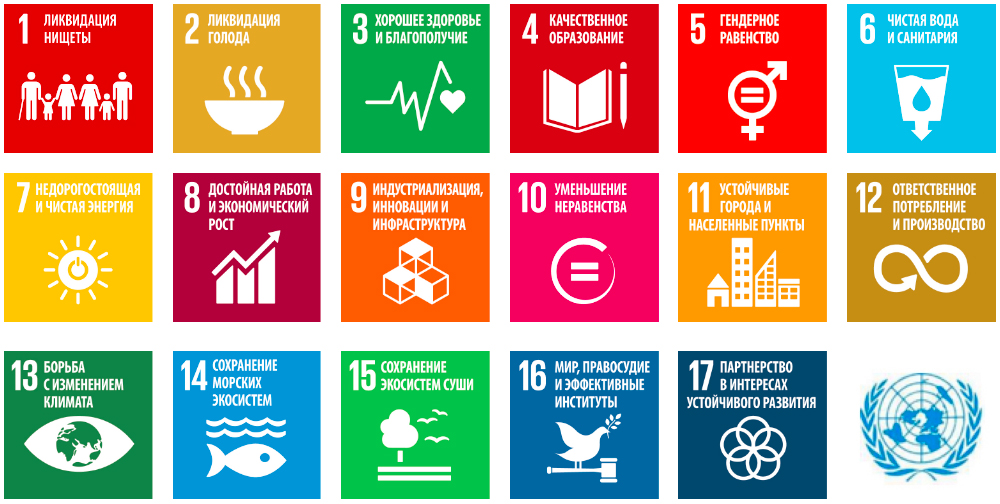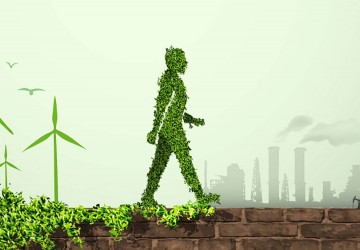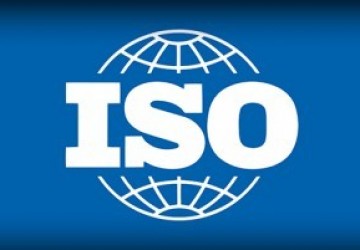Dr. Bulat K.Yessekin, senior expert on water, environment and climate change, National coordinator on sustainable development of Kazakhstan for UN from 1998 to 2012
The Sustainable Development Goals (SDGs) adopted in 2015 at the UN level are today the global community's response to the challenges that humanity’s facing in the 21st century, including poverty, diseases and environmental degradation. 17 SDGs and 169 tasks have replaced the previous 8 Millennium Development Goals (MDGs), which were adopted in 2000 upon the initiative of developed countries as the basis for official assistance to developing countries. Today, almost all countries have pledged to adopt programs to achieve the SDGs by 2030.
Over the past 5 years, countries and international organizations have prepared many reports on the implementation of the SDGs, as well as forecasts and recommendations for the future. At the same time, many experts express doubts about the attainability of the SDGs for a number of reasons.1. Voluntary implementation of SDG commitments. The non-binding of UN decisions is related to the status of the UN organizations that are politically and financially dependent on governments. In addition to the recommendatory nature, the principle of consensus in UN decision-making leads to the fact that professional proposals of experts pass through a sieve of political editing with amendments made by governments and influential organizations. As a result, many decisions are distorted or blurred. For the same reasons, the SDGs today do not include such fundamental goals as the human and wildlife rights. Many countries do not consider the SDGs obligatory, do not allocate special budgets for them, and using updated terminology keep pursuing their old strategies based on economic growth, to the detriment of overall global and regional goals. The SDGs remain in the form of virtual programs without the necessary status and funding. The community, business, academia and the local authorities also remain alienated observers in this process (they do not perceive the SDGs as personal goals)



